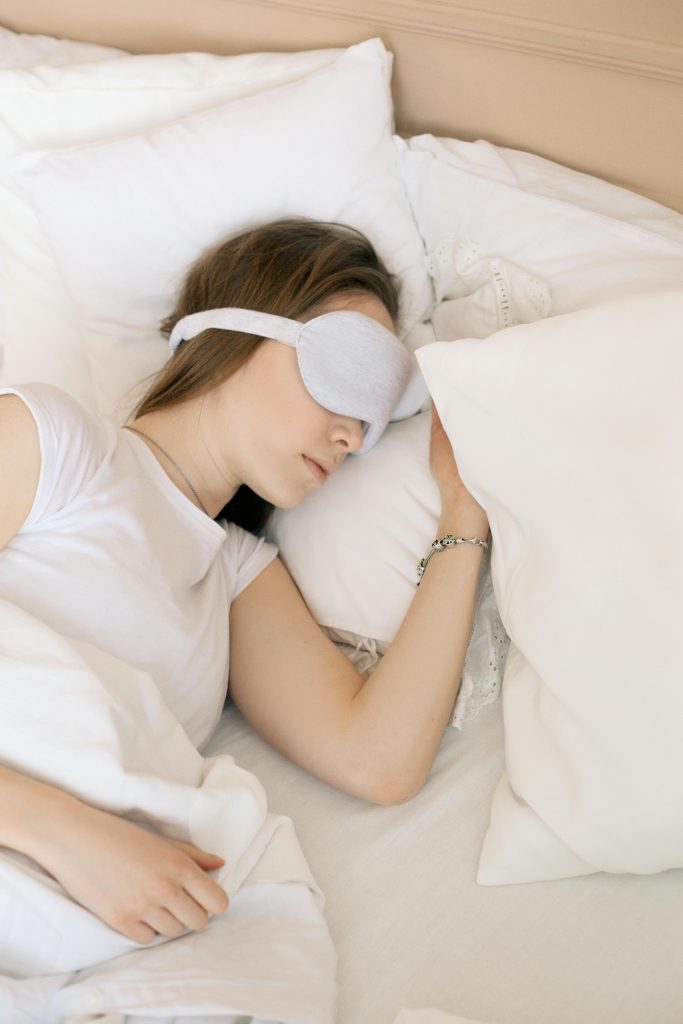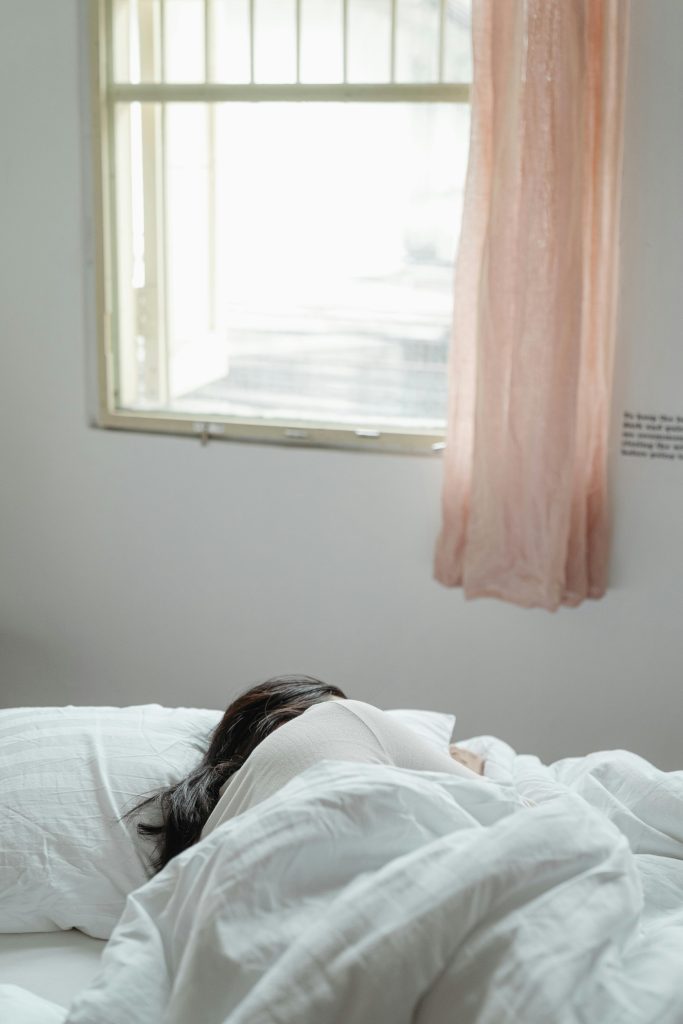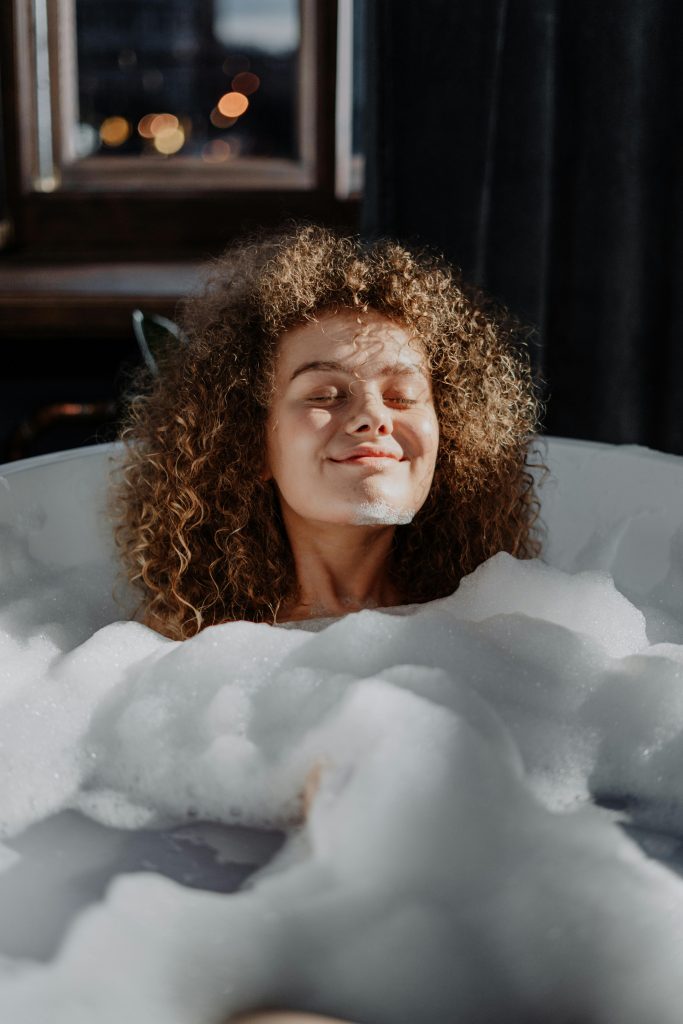How to Improve Your Sleep for Better Health

Sleep is a cornerstone of good health, influencing everything from brain function and mood to immune system strength and cardiovascular health. However, many people struggle with getting quality sleep due to poor sleep habits or environmental factors. This is where the concept of sleep hygiene comes in.
Sleep hygiene refers to the habits and practices that promote consistent, restful, and restorative sleep. Good sleep hygiene can significantly improve your sleep quality, energy levels, and overall wellbeing.
What is Sleep Hygiene?
Sleep hygiene involves both behavioral and environmental factors that contribute to healthy sleep. These factors can include the timing and duration of sleep, the environment where you sleep, and the activities you engage in before bed. Just as good hygiene practices like handwashing and brushing your teeth can prevent illness and maintain health, good sleep hygiene practices can prevent sleep disturbances and promote restorative rest.
The National Sleep Foundation (2020) emphasizes that sleep hygiene is essential not only for maintaining health but also for optimising cognitive performance and mood. Poor sleep can lead to a range of health problems, including impaired memory, decreased immune function, and an increased risk of chronic conditions such as obesity, diabetes, and cardiovascular disease (Walker, 2017).
The Science Behind Sleep
Sleep is not a passive activity. During sleep, the body undergoes critical processes that support brain function, memory consolidation, tissue repair, and immune system strengthening (Hirshkowitz et al., 2015). There are two primary stages of sleep that cycle throughout the night:
Non-rapid eye movement (NREM) sleep: This stage is divided into three phases, with deeper stages being critical for physical restoration and immune function.
Rapid eye movement (REM) sleep: This stage is essential for cognitive functions such as learning, memory consolidation, and emotional regulation.
When we maintain good sleep hygiene, we optimise the amount of time spent in these restorative sleep stages, which leads to better health and overall wellbeing.

Common Sleep Disruptions
Many factors can disrupt sleep, making it difficult to maintain proper sleep hygiene. Some common issues include:
Insomnia: Difficulty falling or staying asleep, often due to stress, anxiety, or an inconsistent sleep schedule (Roth, 2007).
Sleep Apnea: A condition where breathing repeatedly stops and starts during sleep, leading to poor-quality rest (Broussard et al., 2015).
Circadian Rhythm Disruption: This occurs when your internal body clock is out of sync with your sleep schedule, such as in shift workers or people who frequently travel across time zones (Herxheimer & Petrie, 2018).
Sleep disruptions can have both short and longterm effects on physical and mental health, making it all the more important to focus on healthy sleep habits and a sleep-friendly environment.
Tips for Improving Sleep Hygiene
Now that we know the importance of sleep hygiene, let’s look at some practical strategies that can help improve your sleep quality:
1. Set a Consistent Sleep Schedule
One of the most effective ways to improve sleep hygiene is to go to bed and wake up at the same time every day, even on weekends. Consistency helps regulate your body’s internal clock, making it easier to fall asleep and wake up naturally (Hirshkowitz et al., 2015). Aim for 7-9 hours of sleep each night, as recommended by the National Sleep Foundation (2020).
2. Create a Sleep-Conducive Environment
Your sleep environment plays a crucial role in promoting restful sleep. Here are a few tips for optimising your sleep space:
Cool, dark, and quiet: The ideal sleep environment is cool (around 18°C), dark, and quiet. Consider using blackout curtains or an eye mask to block light and white noise machines or earplugs to drown out distracting sounds (Goel et al., 2009).
Comfortable bedding: Make sure your mattress and pillows are comfortable and provide the support you need for a restful sleep. You may also want to invest in soft, breathable sheets to regulate temperature.
3. Limit Exposure to Screens Before Bed
The blue light emitted from phones, tablets, and computers can interfere with your body’s natural production of melatonin, a hormone that helps regulate sleep. Avoid screens at least 30 minutes to an hour before bed to give your body time to wind down (Harvard Medical School, 2020).
4. Avoid Stimulants and Heavy Meals
Consuming caffeine, nicotine, or heavy meals close to bedtime can interfere with sleep. Caffeine and nicotine are stimulants that can stay in your system for hours and make it difficult to fall asleep. Aim to avoid these substances at least 4-6 hours before bed (Roehrs & Roth, 2008). Similarly, large meals or rich, spicy foods can cause discomfort or indigestion, disrupting sleep.

5. Establish a Relaxing Bedtime Routine
Create a calming pre-sleep routine that signals to your body it’s time to wind down. This might include activities like reading, taking a warm bath, or practicing relaxation techniques such as meditation or deep breathing. Engaging in relaxation exercises can reduce stress and anxiety, making it easier to fall asleep (Zhang et al., 2015).
6. Exercise Regularly
Regular physical activity has numerous benefits for sleep. Studies show that exercise can help reduce symptoms of insomnia, improve sleep quality, and increase the amount of time spent in restorative sleep stages (Kredlow et al., 2015). However, try to avoid vigorous exercise close to bedtime, as it may make it harder to fall asleep.
7. Use the Bed Only for Sleep
It’s helpful to reserve the bed for sleeping and intimacy, rather than using it for watching TV, working, or checking your phone. This helps strengthen the association between your bed and sleep, making it easier for your brain to relax and fall asleep (Morin et al., 2006).
Good sleep hygiene is essential for overall health and wellbeing. By adopting simple but effective habits such as maintaining a consistent sleep schedule, optimising your sleep environment, and engaging in relaxing bedtime routines, you can improve the quality of your sleep and enhance your physical and mental health. If you continue to experience difficulties with sleep, it may be helpful to consult a healthcare provider to identify underlying issues or receive additional support.
Remember, better sleep leads to better health—so take the time to prioritise your sleep hygiene and reap the benefits of restful, restorative sleep.
References
Broussard, J. L., Kohn, M. A., & Rezaie, S. (2015). Obstructive sleep apnea and cardiovascular disease. Journal of Clinical Sleep Medicine, 11(2), 159-168. https://doi.org/10.5664/jcsm.4534
Goel, N., Rao, H., & Durmer, J. S. (2009). Sleep deprivation and its effects on cognitive performance. Sleep Medicine Clinics, 4(2), 243-254. https://doi.org/10.1016/j.jsmc.2009.02.002
Harvard Medical School. (2020). Blue light has a dark side. https://www.health.harvard.edu/staying-healthy/blue-light-has-a-dark-side
Herxheimer, A., & Petrie, K. J. (2018). The effects of jet lag and circadian rhythm disruption on health and well-being. Cochrane Database of Systematic Reviews, 10, CD009299. https://doi.org/10.1002/14651858.CD009299.pub2
Hirshkowitz, M., Whiton, K., Albert, S. M., Alessi, C., Brager, E., Chervin, R. D., … & Ware, J. C. (2015). National Sleep Foundation’s sleep time duration recommendations: Methodology and results summary. Sleep Health, 1(1), 40-43. https://doi.org/10.1016/j.sleh.2014.12.010
Kredlow, M. A., Capron, L. W., & Otto, M. W. (2015). The effects of physical activity on sleep: A meta-analytic review. Journal of Behavioral Medicine, 38(3), 427-449. https://doi.org/10.1007/s10865-015-9611-6
Morin, C. M., Bootzin, R. R., Buysse, D. J., Edinger, J. D., & Espie, C. A. (2006). Psychological and behavioral treatment of insomnia: Update of the recent evidence (1998-2004). Sleep, 29(11), 1398-1414. https://doi.org/10.1093/sleep/29.11.1398
National Sleep Foundation. (2020). How much sleep do we really need? https://www.sleepfoundation.org/how-sleep-works/how-much-sleep-do-we-really-need
Roehrs, T., & Roth, T. (2008). Caffeine: Sleep and daytime sleepiness. Sleep Medicine Reviews, 12(2), 153-162. https://doi.org/10.1016/j.smrv.2007.08.002
Roth, T. (2007). Insomnia: Definition, prevalence, aetiology, and consequences. Journal of Clinical Sleep Medicine, 3(5), 41-53. https://doi.org/10.5664/jcsm.26944
Walker, M. (2017). Why We Sleep: The New Science of Sleep and Dreams. Scribner.
Zhang, L., Zheng, R., & Zhang, J. (2015). The effectiveness of cognitive-behavioral therapy for insomnia: A systematic review and meta-analysis. Sleep Medicine Reviews, 22, 39-49. https://doi.org/10.1016/j.smrv.2014.07.002
